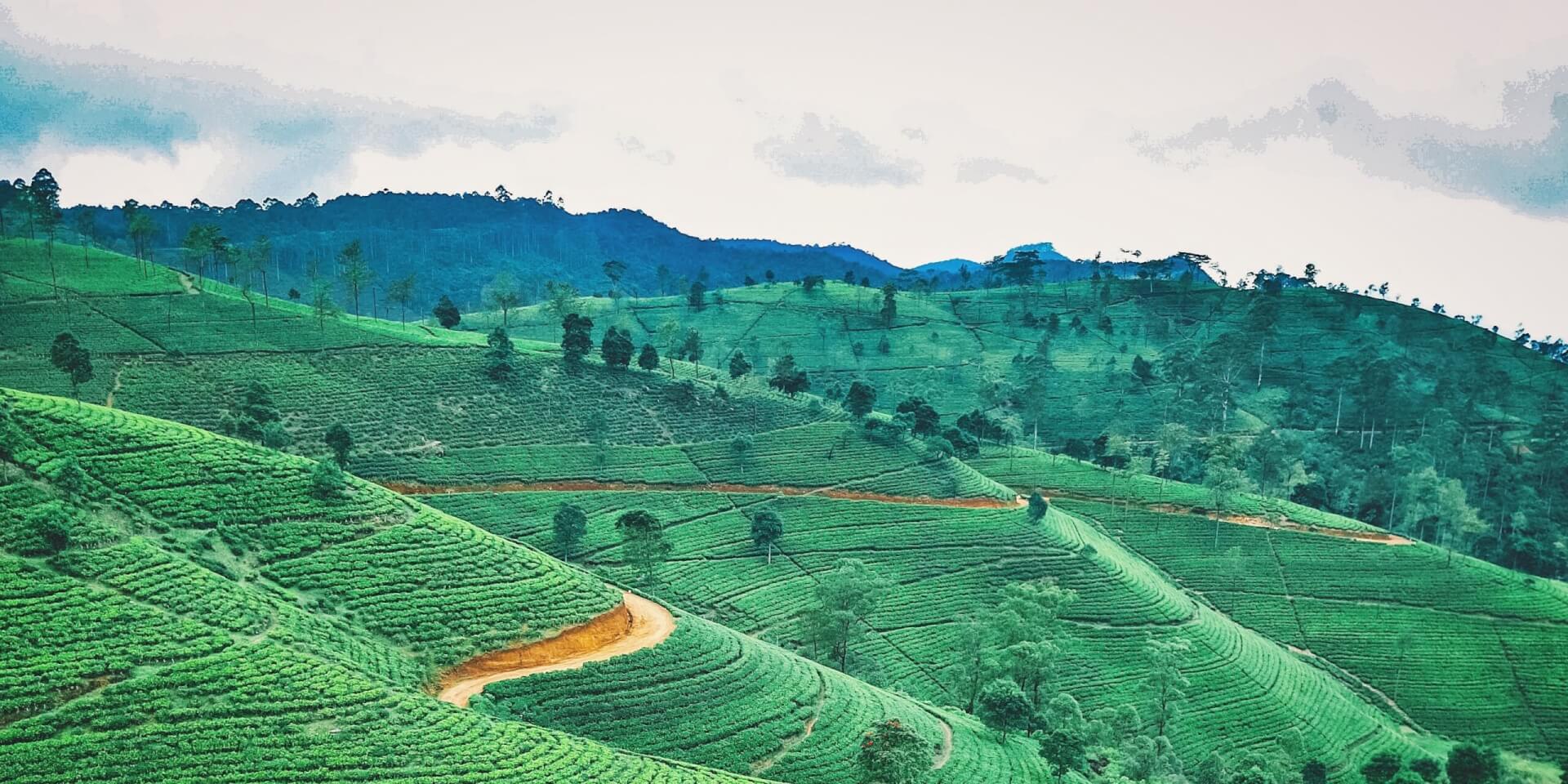
This article was originally published on the IISD Knowledge Hub on 28 June 2023.
The UN released a report written by 15 scientists to help advance implementation of the SDGs and to serve as a major input to Member States’ follow up and review of the 2030 Agenda for Sustainable Development at the half-way point. The Global Sustainable Development Report (GSDR) 2023 is available in an advance, unedited version ahead of the July session of the UN High-level Political Forum on Sustainable Development (HLPF).
The International Science Council at the HLPF 2023
Discover how the ISC is involved in the High-level Political Forum on Sustainable Development 2023. The Forum, held under the auspices of ECOSOC, will take place between 10 – 19 July 2023 at the UN Headquarters in New York.
The 202-page report titled was authored by an Independent Group of Scientists (IGS) appointed in October 2020. The scientists were supported by a task team of representatives from the UN Department of Economic and Social Affairs (DESA), the UN Educational, Scientific and Cultural Organization (UNESCO), the UN Environment Programme (UNEP), the UN Development Programme (UNDP), the UN Conference on Trade and Development (UNCTAD), and the World Bank.
The report builds on the 2019 GSDR, which was the first report prepared by an IGS. The 2023 edition provides evidence that can support decision makers in their efforts to accelerate action and overcome challenges hindering progress on sustainable development. The focus of GSDR 2023 is on “accelerating transformation through important entry points and enabling science to support this acceleration.”
GSDR 2023 warns that at the half-way point of the 2030 Agenda, “the world is far off track” and that the situation is “much more worrisome” than in 2019. The lingering effects of the COVID-19 pandemic, conflict and instability, and inflation and the rising cost of living, it notes, “have wiped out years of progress on some SDGs” and slowed down progress on others.
Yet, the report underscores, transformations are not only possible, but inevitable. It calls for judicious and effective use of time and resources, and recommends that, working as a human collective, the world “[s]trive not for one, but for all securities,” including geopolitical, energy, climate, water, food, and social security.
GSDR 2023 draws on GSDR 2019’s organizing framework of six entry points for transformation, which, it finds, remain “crucial areas where actions can have impacts across the SDGs”:
In addition to GSDR 2019’s four ‘levers’ to bring about transformation in these entry points – governance, economy and finance, science and technology, and individual and collective action – the 2023 report identifies capacity building as a fifth lever.
The GSDR outlines three phases of transformation – emergence, acceleration, and stabilization – that, it argues, should be rooted in science. It calls for more scientific activity to be conceived and produced outside of high-income countries (HICs) and for science that is socially robust and underpinned by trust and integrity.
The report concludes with a series of calls to action. It proposes that Member States elaborate a shared SDG Transformation Framework consisting of six elements:
The GSDR further:
The report draws on regional and cross-disciplinary perspectives the IGS collected during a series of consultations. The International Science Council (ISC) coordinated the report’s technical review by the scientific community. The “final glossy version” of the report will be launched in September 2023.
Image by Jaromír Kavan on Unsplash.